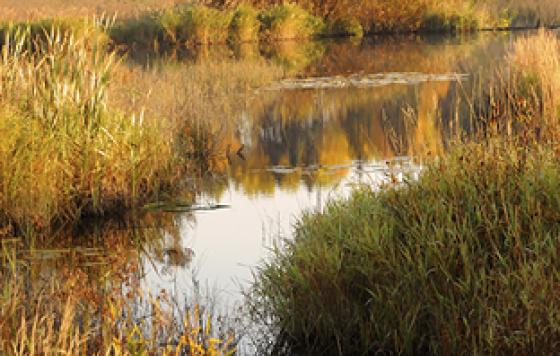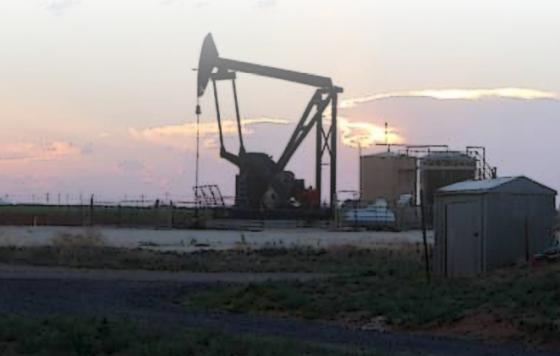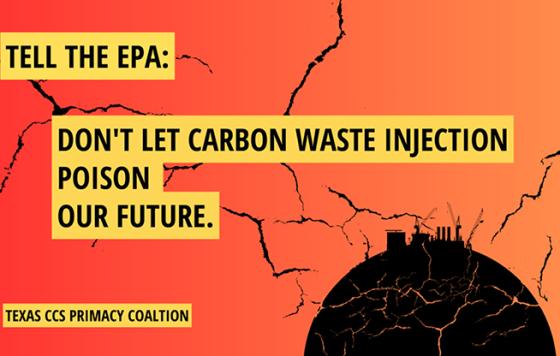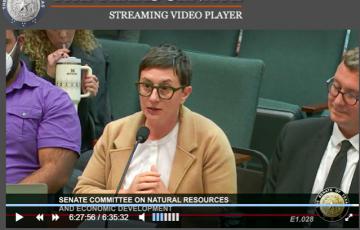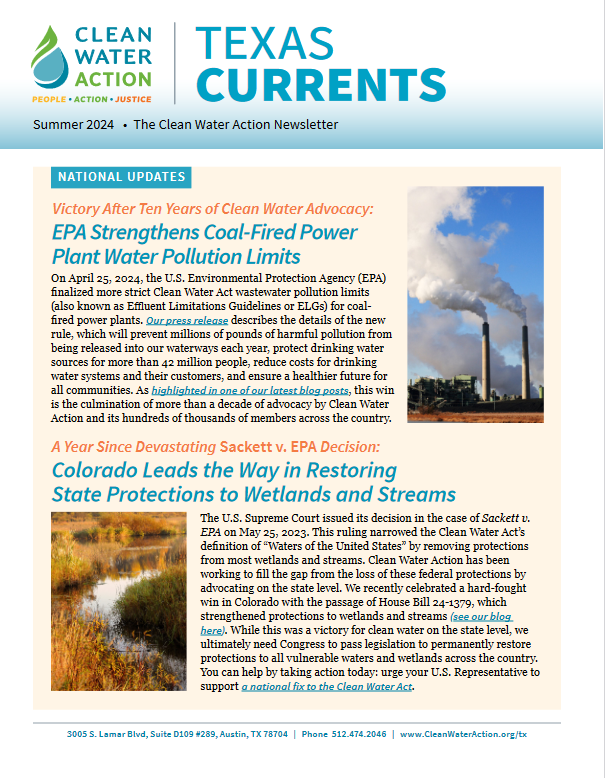In this Issue:
- National Updates
- Protecting Texas Water Resources in the Face of Carbon Capture & Storage
- Spring for Water
- Legislative Input
- Clean Water Action and Commission Shift Challenge the Texas Agency in Charge of Oil and Gas Operations
- Purple Pipes to Grow Austin’s Water Supply
- Landfill Methane Campaign
National Updates
Victory After Ten Years of Clean Water Advocacy: EPA Strengthens Coal-Fired Power Plant Water Pollution Limits

On April 25, 2024, the U.S. Environmental Protection Agency (EPA) finalized more strict Clean Water Act wastewater pollution limits (also known as Effluent Limitations Guidelines or ELGs) for coal-fired power plants. Our press release describes the details of the new rule, which will prevent millions of pounds of harmful pollution from being released into our waterways each year, protect drinking water sources for more than 42 million people, reduce costs for drinking water systems and their customers, and ensure a healthier future for all communities. As highlighted in one of our latest blog posts, this win is the culmination of more than a decade of advocacy by Clean Water Action and its hundreds of thousands of members across the country.
A Year Since Devastating Sackett v. EPA Decision: Colorado Leads the Way in Restoring State Protections to Wetlands and Streams
The U.S. Supreme Court issued its decision in the case of Sackett v. EPA on May 25, 2023. This ruling narrowed the Clean Water Act’s definition of “Waters of the United States” by removing protections from most wetlands and streams. Clean Water Action has been working to fill the gap from the loss of these federal protections by advocating on the state level. We recently celebrated a hard-fought win in Colorado with the passage of House Bill 24-1379, which strengthened protections to wetlands and streams (see our blog here). While this was a victory for clean water on the state level, we ultimately need Congress to pass legislation to permanently restore protections to all vulnerable waters and wetlands across the country. You can help by taking action today: urge your U.S. Representative to support a national fix to the Clean Water Act.
Protecting Texas Water Resources in the Face of Carbon Capture & Storage
Capturing carbon for storage as a way to reduce carbon pollution in the atmosphere is gaining wide interest and funding across both the public and private sectors. The Texas Railroad Commission (Railroad Commission) is seeking approval to become the primary permitting and oversight body of these activities in Texas, known as “Class VI Injection” wells.
Clean Water Action has joined the steering committee of a statewide coalition whose focus is to oppose the awarding of primary oversight of Class VI injection wells for carbon capture and long term storage to Texas’s existing oil and gas permitting agency, the Railroad Commission. The Railroad Commission has demonstrated a consistently poor record of environmental oversight of existing oil, gas, and carbon dioxide injection wells, leading to hundreds of thousands of unplugged and orphaned wells which leak and threaten groundwater supplies already. Allowing the Railroad Commission to administer the program for these types of oil and gas injection activities presents a new risk to communities’ drinking water. If Primacy is granted to the Railroad Commission, current and future underground sources of drinking water will be in increased danger of contamination beyond human use.
We urge you to sign and share the petition to the Environmental Protection Agency that will help voice your concern over giving the Texas Railroad Commission permitting authority over carbon capture and storage projects in Texas without rigorous oversight or proper community engagement.
SIGN AND SHARE THE PETITION HERE
Spring for Water
At our April 27th Spring for Water Benefit & Bash, Congressman Lloyd Doggett presented the One Water; Many Champions Award to members of Austin’s current Integrated Water Resource Planning Community Task Force. Awardees included: Bill Moriarty, Paul DiFiore, Hani Michel, Perry Lorenz, Sarah Faust, Todd Bartee, Robert Mace (Co-chair), Vanessa Puig-Williams, Jennifer Walker (Co-Chair), and Madelline Mathis.

The event raised well over $22,000 with contributions still coming in. You can add yours here! The crowd is seen enjoying the lovely space at Austin’s beloved Chez Zee American Bistro and bidding on silent auction items.
Legislative Input
The Texas legislature meets in odd numbered years and in the off years holds hearings on what are called “interim charges.” These are topics that legislative leaders will consider taking up for legislation in the next session. CWA TX Director, Becky Smith, testifies in June, 2024.
Clean Water Action and Commission Shift Challenge the Texas Agency in Charge of Oil and Gas Operations
United States Environmental Protection Agency Responds
Clean Water Action and Commission Shift filed a petition with the United States Environmental Protection Agency (EPA) to remove oversight of Class II Injection Wells from Texas’ oil and gas regulating agency, the Texas Railroad Commission (TX RRC).
The petition, submitted March 1, 2024 by Earthjustice on behalf of Clean Water Action and Commission Shift, and signed by nine other Texas-based organizations, raised serious concerns about oversight practices at the RRC and potential risks associated with Class II injection wells. These are wells which are used for the disposal of wastewater from oil and gas production or for injection of carbon dioxide (CO2) for enhanced oil recovery (EOR) in wells which have grown less productive over time. These wells, if not properly managed, pose a threat to underground sources of drinking water and can contribute to seismic activity, sinkholes, and leaks or blowouts from unplugged wells. The petition urged the EPA to evaluate whether the RRC is following federal standards under the Safe Drinking Water Act, and to take necessary actions to safeguard both public health and the environment.
From the EPA’s response, “Your petition raises serious concerns regarding the sufficiency of Texas’ implementation of the UIC (Underground Injection Control) Class II program that the EPA Region 6 will need to evaluate through extensive and thorough technical and legal review in order to evaluate the issues raised in your petition.”
Becky Smith, Texas Director for Clean Water Action stated, “The Safe Drinking Water Act was passed back in 1974 to help protect water resources from pollution. Lawmakers and regulators at the time couldn’t have known exactly what potential pollutants might be cause for concern this many decades later, but we have the tool they intended. It’s time for us to engage the tool responsibly to fit our emerging pollution threats and to protect water resources for now and for generations to come.”
“We are encouraged by the EPA’s decision to evaluate the issues raised in our petition,” said Virginia Palacios, Executive Director of Commission Shift. This review represents a vital opportunity to address longstanding concerns about the oversight of Class II injection wells in Texas. We believe that a rigorous and transparent evaluation by the EPA will ultimately lead to stronger protections for our water resources and greater accountability for regulatory practices.”
The Safe Drinking Water Act is one of few regulations with authority over how oil and gas operations interact with water resources, so this makes the EPA’s agreement to review threats vitally important. See Reuters coverage here.
Clean Water Action’s National Campaigns Director, Lynn Thorp, and Texas Director, Becky Smith, were invited guest hosts of a webinar to give background from Clean Water Action’s decades of work using the Safe Drinking Water Act to watchdog threats to water from oil and gas operations across the United States. View the Webinar here.
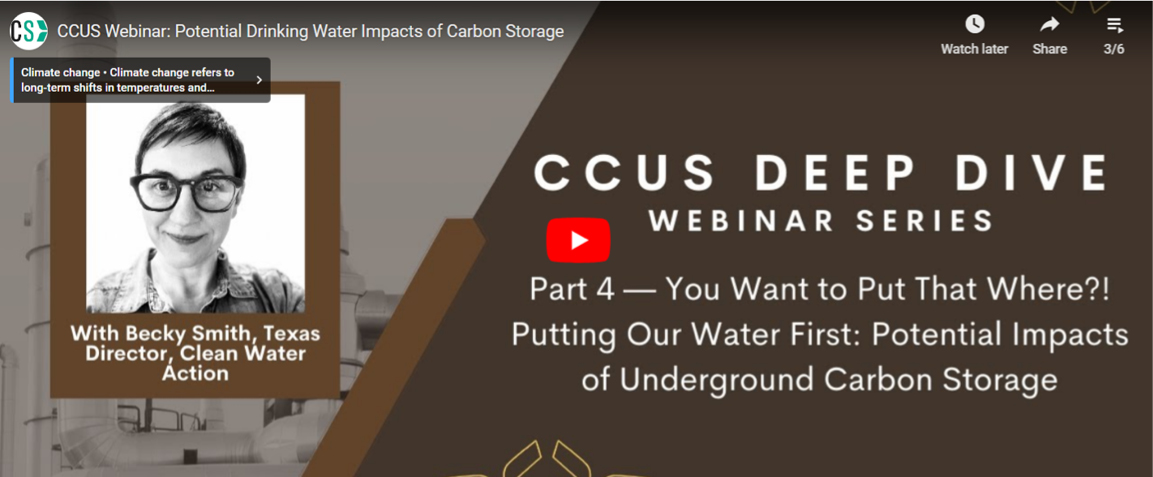
Clean Water Action’s National Campaigns Director, Lynn Thorp, and Texas Director, Becky Smith, were invited guest hosts of a webinar to give background from Clean Water Action’s decades of work using the Safe Drinking Water Act to watchdog threats to water from oil and gas operations across the United States. View the Webinar here!
Purple Pipes to Grow Austin’s Water Supply
In March, 2024, Austin City Council finally took up and passed several remaining provisions of Austin’s long-range water supply plan (Water Forward). These included a variety of strategies to enable new developments of a certain size to capture and reuse water onsite and/or connect to the city’s reclaimed water lines, in order to reduce dependence on Colorado River water that is treated to potable standards. These strategies will help the city meet the challenges of climate change, recurrent drought, and continued population growth and have the added advantage of helping delay the 201,000 acre ft/year payment “trigger” with the Lower Colorado River Authority (LCRA) which, once reached, would compel the city to pay an estimated $10 million per year for withdrawals from the Colorado River.
Clean Water Action’s now-retired Texas Director, David Foster’s, early and frequent input to the advisory groups and his recent volunteer efforts at Austin City Council alongside a small cadre of volunteer experts truly helped push these measures to the finish line. These innovative system upgrades and creative financing mechanisms which assure that low-income water customers will NOT bear the costs of the program put a city in Texas at the cutting edge of water infrastructure, conservation, and equitable governance — no small feat.
Landfill Methane Campaign
Texas emits the most methane from municipal landfills of any state. Methane is a climate change gas which has 20-80 times the disruptive warming power of CO2, for which composting food waste and diverting other organic waste such as yard scraps from landfills is an easy fix.
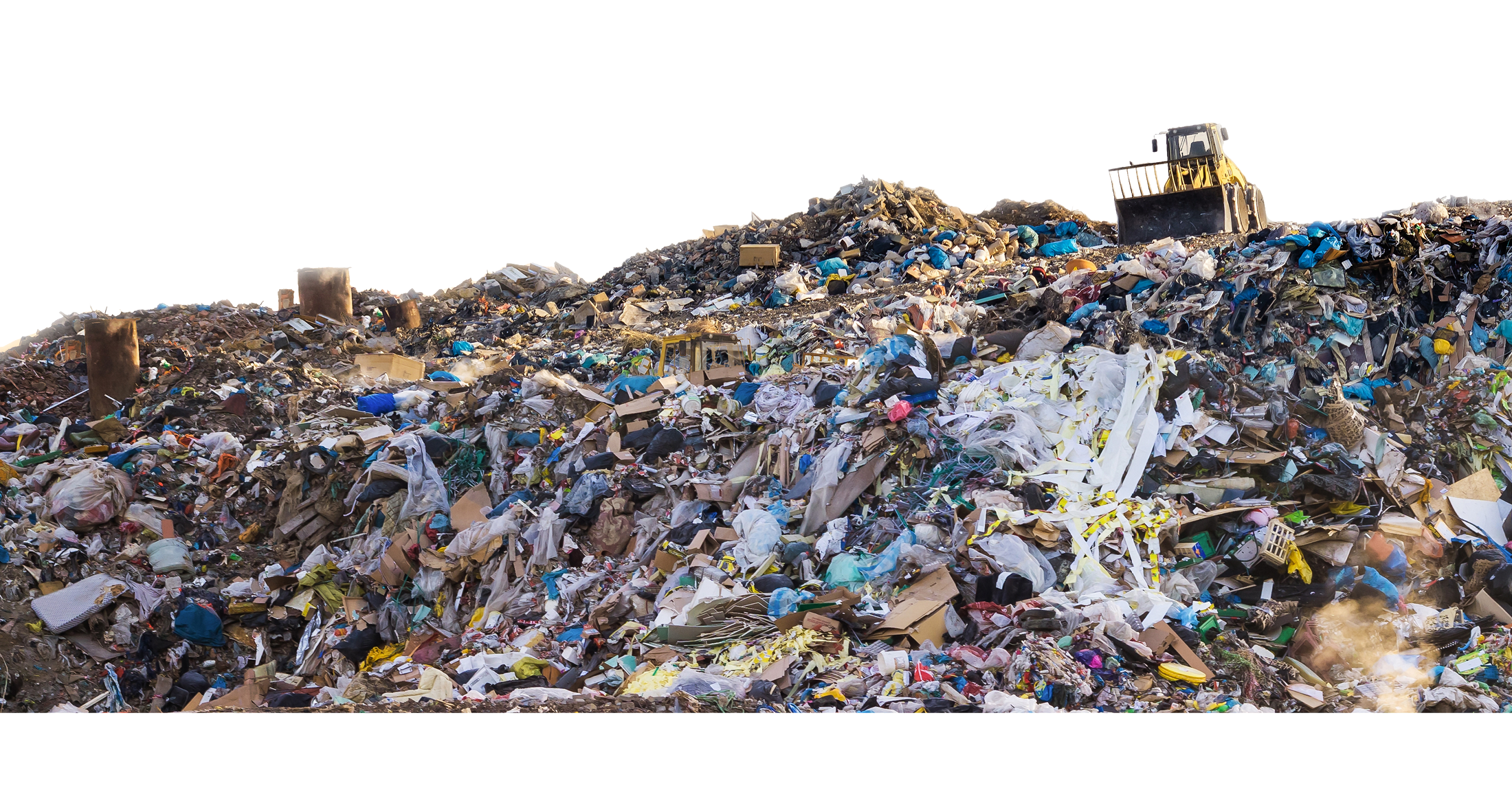
Texas Clean Water Action has joined a number of our other state programs in working together with Industrious Labs on reducing methane emissions from municipal landfills as part of a campaign called Don’t Waste Our Future. See Texas’ stats here.
Thank you for supporting our year-end campaigns, and our ongoing work to restore and protect our communities.
CURRENTS is published by Clean Water Action and Clean Water Fund.
Reproduction in whole or part is permitted with proper credit. © 2023 All rights reserved.
